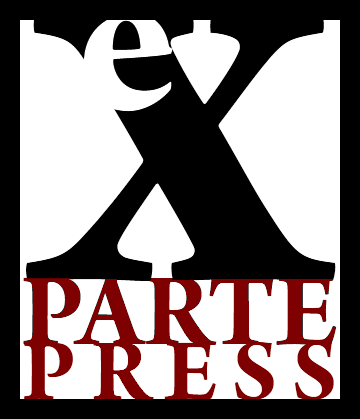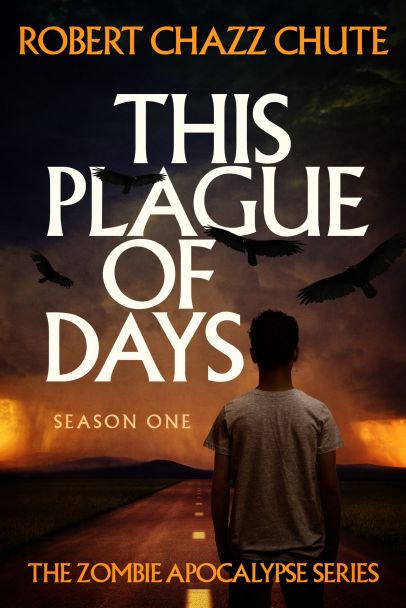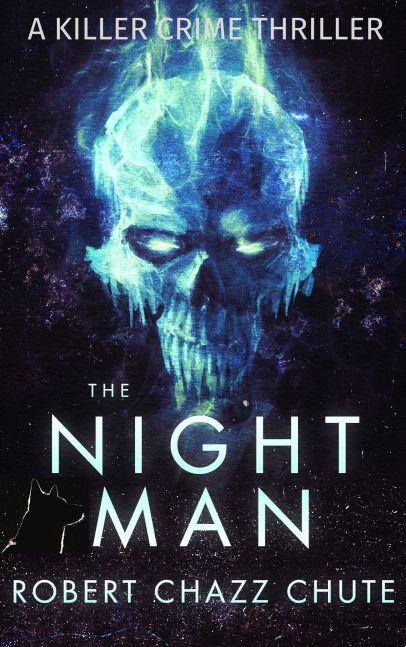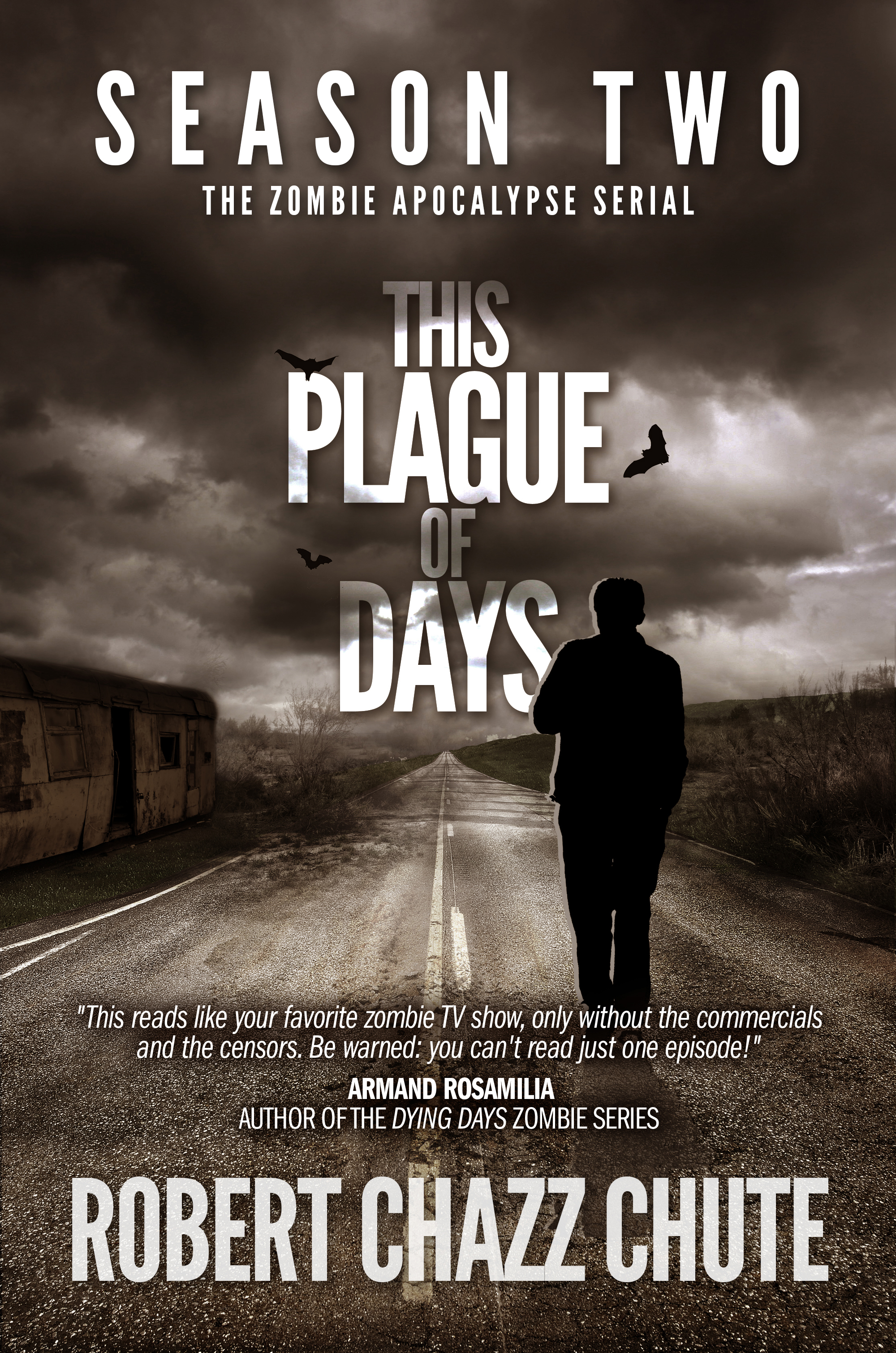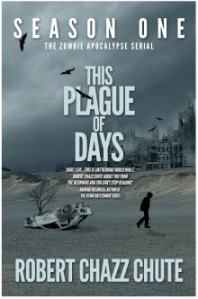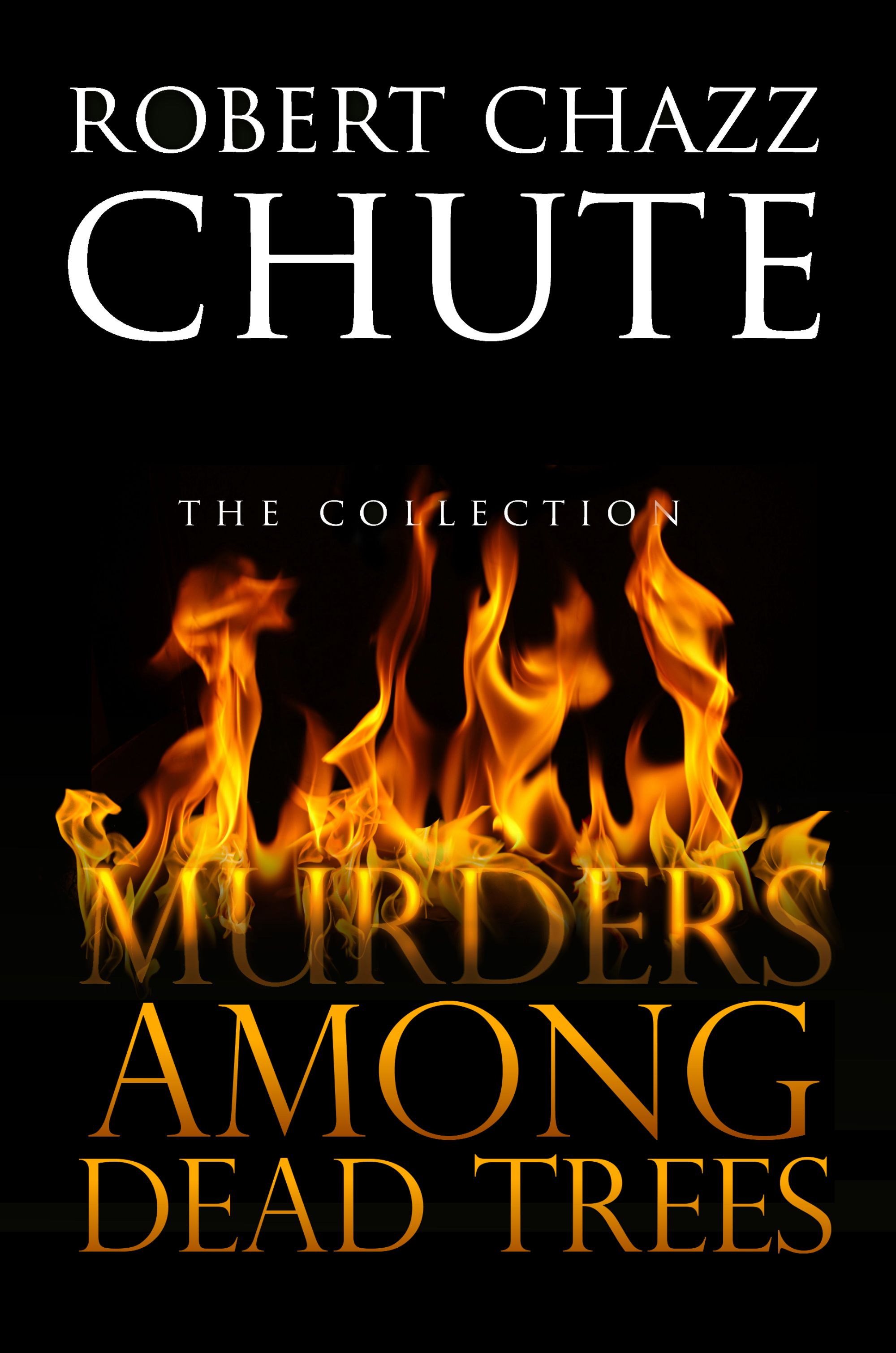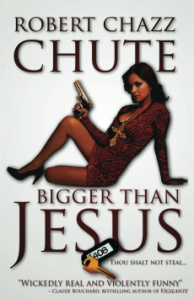When I moved to Toronto to enter the heady field of publishing, I had romanticized the profession. Profession, see? I didn’t know yet that it is mostly an industry. I dreamed that, surrounded by the glittering literati, it would be all wonderful words, sharp wit, and too many cocktails at book launches. Here are a few things I learned in short order:
1. If you’re looking for opportunities to trade bon mots, people in publishing don’t have a monopoly on that skill. They might have cornered the market on a false sense of superiority and condescension, but funny? Nope! Most of us were poor. Trying to survive in one of the most expensive cities in the world does tend to dampen one’s spirits.
2. If you’re new to the industry, anyone who’s been at it for two years longer will step back to see if you’re wearing shoes. At my first cocktail party, someone held forth on the strife of the former Yugoslavia and denigrated my opinion. She may have thought me a young hick, but I was the only one in the room who had actually traveled there and witnessed the damage bullets can do.
Snobs tend to gravitate to the profession. Stephen King left a publisher who profited well off his books because, despite his early success, they couldn’t seem to remember his name when they passed in the hallway. “Only a genre author, you know.”
3. After working in traditional publishing for five years, I can assure you that they don’t have a disproportionate number of smarter people than any other industry. I was chronically underwhelmed by many of my colleagues. There were a few gems, of course, but plenty of folks whose job was to make judgments had lousy judgment. One publisher I worked for ran himself out of business because he only wanted to put out “important” books. He may have briefly impressed his friends on the Rosedale circuit, but his list did not sell enough to sustain. I remember telling my sales manager, “Another sodbuster? Fine, but would it kill him to put out a cookbook people will actually buy this Christmas?”
4. People on the editorial side, mostly women, are infamously underpaid. They do not share the wealth. The moolah all funnels up. (And don’t get me started on the unpaid intern scam.)
5. Some editors and not a few salespeople denigrate authors’ efforts. Publishing companies buy manuscripts to sell books, but their respect for those who produce those manuscripts varies widely.
Hey! Want to break free of the blank page and work inside trad publishing? If you were impressed by the dismissive speech Meryl Streep gives Anne Hathaway in The Devil Wears Prada, this might be the job for you! If, on the other hand, you have self-respect and intolerance for workplace abuse, at least work at a firm big enough for an HR department. (I put a bad boss in a hammerlock once. That fucker still owes me $5,000.)
6. Perhaps driven by desperation, some authors are pills, too. For instance, Bookstore X refused to sell books by a particular author who had a bad reputation. Bookstore X stood just down the street from the publishing house, so naturally, when the author got taken to a liquid lunch, they stopped in. The author discovered Bookstore X did not carry any of his books. “But I’m a literary icon!” the author wheedled.
Embarrassed, the publisher blamed the sales rep (i.e. me) and sent a memo to my boss. “What’s going on?” she wailed. It wasn’t a conspiracy. What was going on was the bookstore owner didn’t like the author personally. Nobody liked either of them, in fact. In hurting himself, the author tried to hurt me. (That writer is dead now. I claim to have had nothing to do with it.)
7. Speaking of bookstore owners, I liked most of them, but they had romantic ideas getting into their business, too. They thought they’d be reading books constantly, maybe even hobnobbing with famous authors. Instead, they were often saddled with businesses pushed out and pushed down by big box retail and online stores. Calculating GST payments all day and worrying about impending doom does make one surly.
One guy made a big deal out of the fact a sales rep didn’t want to get up at 4 in the morning and travel up from Toronto to pay a visit at 5:30 a.m. to a little bookstore in the back of the beyond. (Wasn’t me, but I felt bad for the sales rep from another house.) Another bookstore owner got very pissy that I dared to use the word comedy instead of humor. That person is now out of business, but I assume she’s yelling at some retail worker somewhere on Instagram.
I was tasked with presenting an extensive list for 16 publishers to a board of librarians. There were more than a dozen people around the table as I went into my spiel. One guy thought the enthusiasm I had for my list made me stupid. I made a joke and he rolled his eyes. “Ba-dum-bump!”
I was young and full of blue piss, so I stopped my show and pushed back. “You don’t want me to be funny and energetic in my sales pitch? Fine. I. Can. Deliver. The. Entire. List. In. Robotic. Fashion. If. You. Want. You wanna stop busting my balls now?” Everyone laughed but the guy I called out, but how can badly behaving customers learn if we don’t teach them?
8. Not everyone has romanticized ideas about what they do. My first two publishing jobs were at Harlequin. An exec struck up a conversation with me in the company cafeteria. “Why did you come here?” he asked. I told him my background was in journalism, but I loved books so I got into publishing.
“We’re not really publishers, though,” he said. “We’re book packagers.”
Meeting him, I vowed to escape before my innocence and light of aspiration in my eyes went dead. You do want to keep some of your beginner’s mind as you move through your career. Otherwise, the days are long and sad.
9. A wannabe novelist and poet who worked as a copy editor told me, “Many people who want to write gravitate to this industry.” Then he cackled on at length about an author whose typo mixed up desert and dessert. Maybe he wouldn’t have been so mean to actual writers if he didn’t still have a novel of his own trapped in his head. Frustrated writers make the most truculent editors.
You used to see this kind of behavior on social media, and the worst offenders were snotty agents. I don’t know if there are still high-profile agents making sport of the authors and unsolicited manuscripts in their slush piles. There are fewer agents now, perhaps for good reason.
10. This may be the worst one: Plenty of authors betting big on their first book have a romanticized idea of what New York or Toronto can do for them. They think if they get a traditional pub contract, they’re set for life. They won’t have to do a thing but write. Most authors don’t make much, and there are quite a few independent authors who do better financially. Either way, most of the marketing is on you. Some marketing requirements will feel onerous and still come to naught.
Unless you’re a controversial political figure or a hot celebrity, your advance will be lower than it was thirty years ago (and it wasn’t great then.) You may never earn out your advance and get royalties. Promotional opportunities that independent authors routinely use are denied you by traditional publishers. You don’t have the flexibility. If your first book fails to clear the bar, a trad publisher is unlikely to bet on you twice. Organize your own company, editorial team, and marketing, and you’ll get as many kicks on goal as you want.
Trying to negotiate a trad contract? Your publisher will inform you all contracts are boilerplate. Ignore them and have an IP lawyer negotiate for you before you sign your rights away. Nobody’s looking out for you but you. The acquiring editor is not your enemy, but this is the business part, not the art part.
About trad pub transparency: Your advance will come slowly, in stages, and you’ll have to rely on accounting reports from the publisher that obfuscate reality. At best, you’ll find out how your book is doing a couple of times a year, too late to respond in a timely manner.
FULL DISCLOSURE:
I’ve been independent since 2010, but I’m not saying you shouldn’t try your luck, talent, and skill in the traditional publishing arena. I am saying you should go in with your eyes open. Entrepreneurship is not for everyone.
Last year, a NY publisher approached me about submissions. I admit, I was excited. I sent an outline for a thriller. I haven’t heard anything from them since. I would still consider going hybrid, for sure. Any chance to expand my readership is an alluring thing. On the other hand, knowing what I know about all the variables, I’m not into chasing after anyone, either. (Cue Cheap Trick singing, “I Want You to Want Me!”)
BONUS MYTHS:
Some writers believe they are bound to get treated better by a boutique publishing house. At small operations, whoever answers the phone is more likely to know your name. However, a business on the brink is not more likely to treat you better. They don’t have the budget for that. They are more likely to go out of business.
Big versus little isn’t the issue. It’s about the people. It’s nice to work with nice, competent people who love what they do and share a sense of urgency about your work and concerns. But there’s another fly in the ointment. Editorial staffs have been downsized for years in favor of cheaper outsourcing. That editor at Big Publishing House who loved you and your work last year may not be there this year. She’s selling alpacas in Arizona now, and she’s much happier.
~ My next novel launches this September. In the meantime, please do check out links to my killer crime thrillers and apocalyptic epics at AllThatChazz.com.
Filed under: publishing, authorship, book publishing, book publishing jobs, books, independent publishing, indie publishing, jobs in publishing, publishing, Robert Chazz Chute, self-publishing, writer, writing, writing and publishing











